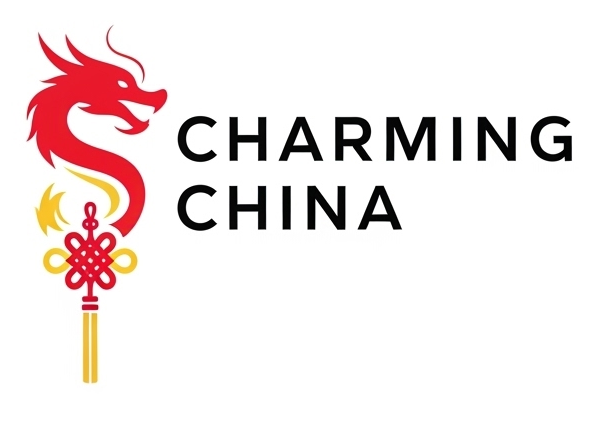Best Chinese Herbs to Prevent Hair Loss & Boost Growth
Hair loss can be deeply frustrating — whether it’s gradual thinning, sudden shedding, or balding spots. While modern solutions often involve chemicals or transplants, Traditional Chinese Medicine (TCM) offers a natural, time-tested approach using powerful herbs to restore balance and stimulate healthy hair growth.
But TCM doesn’t treat hair loss as a surface issue. It sees your hair as a reflection of internal health — particularly the Kidneys, Liver, and Blood. So, let’s explore which Chinese herbs help, and how they work based on your body’s unique pattern.
In TCM, What Causes Hair Loss?
According to TCM, hair health depends on:
- Kidney Essence (Jing): Vital life force stored in the Kidneys; weak Jing = hair thinning or premature greying
- Liver Blood: Nourishes the scalp and hair roots; deficiency = dry, brittle, thinning hair
- Qi & Blood Flow: Stagnation or poor circulation = hair falls out or doesn’t regrow
Common TCM patterns behind hair loss include:
| TCM Pattern | Signs |
|---|---|
| Kidney Deficiency | Thinning, premature greying, fatigue |
| Blood Deficiency | Dry hair, pale skin, dizziness |
| Liver Qi Stagnation | Stress-related shedding, tight scalp |
| Damp-Heat | Greasy scalp, itchy flakes, shedding |
Top Chinese Herbs for Hair Loss & Growth
| Herb Name | Function in TCM | Best For |
|---|---|---|
| He Shou Wu (Fo-Ti) | Tonifies Kidney Essence, nourishes Blood | Greying, thinning, overall loss |
| Dang Gui (Angelica) | Builds Blood, boosts circulation | Dry, brittle, dull hair |
| Nu Zhen Zi | Nourishes Liver & Kidney Yin | Aging-related hair thinning |
| Black Sesame Seeds | Strengthen Liver, improve hair luster | Hair dryness, scalp nourishment |
| Rehmannia (Shu Di Huang) | Deeply nourishes Yin & Blood | Hair loss from hormonal changes |
| Ligustrum (Nv Zhen Zi) | Tonifies Yin, improves hair strength | Chronic thinning, brittle strands |
How to Take These Herbs
Most herbs are consumed as part of:
- Herbal teas or decoctions (traditional boiling method)
- Herbal capsules (more convenient, less potent)
- TCM formulas prescribed by a licensed practitioner
Popular formulas include:
- Shou Wu Pian (for Kidney Essence & greying)
- Ba Zhen Tang (for Blood Deficiency)
- Qi Bao Mei Ran Dan (women’s hair loss, anti-aging)
Always consult a TCM practitioner before starting herbs — especially if you’re pregnant, on medication, or unsure of your pattern.
Is There Any Scientific Support?
While TCM is rooted in traditional theory, modern studies are starting to support its herbs:
- A study in Pharmacognosy Research found He Shou Wu increased hair follicle size and prolonged hair growth cycles.
- Black sesame seeds are rich in antioxidants and lignans that may support hormonal balance.
- Dang Gui is shown to improve peripheral blood circulation — essential for scalp health.
Tips to Maximize Results
- Be patient: TCM works gradually. Most people see early results in 4–6 weeks.
- Use externally + internally: Combine herbs with scalp massages, herbal rinses, or acupuncture.
- Balance your diet: Avoid excessive greasy, spicy foods that may increase internal “heat.”
- Treat stress: Emotional stress weakens Liver Qi, a common trigger of shedding.
FAQs
Q: Is He Shou Wu safe?
A: Yes — when processed (Zhi He Shou Wu). Raw versions can be toxic. Always buy from reputable sources.
Q: Can I just eat black sesame seeds?
A: Yes! They’re nutritious and safe. Eat 1–2 tablespoons daily — best toasted and ground.
Q: What if I have dandruff and hair loss?
A: Likely a Damp-Heat pattern. Use herbs like Huang Qin and avoid greasy food. Consider a TCM consult.
Hair loss is more than skin-deep. With the right Chinese herbs, your body can regain internal balance, and your hair — its natural shine, strength, and fullness. Before you reach for another chemical shampoo, consider what your body might really be asking for.
